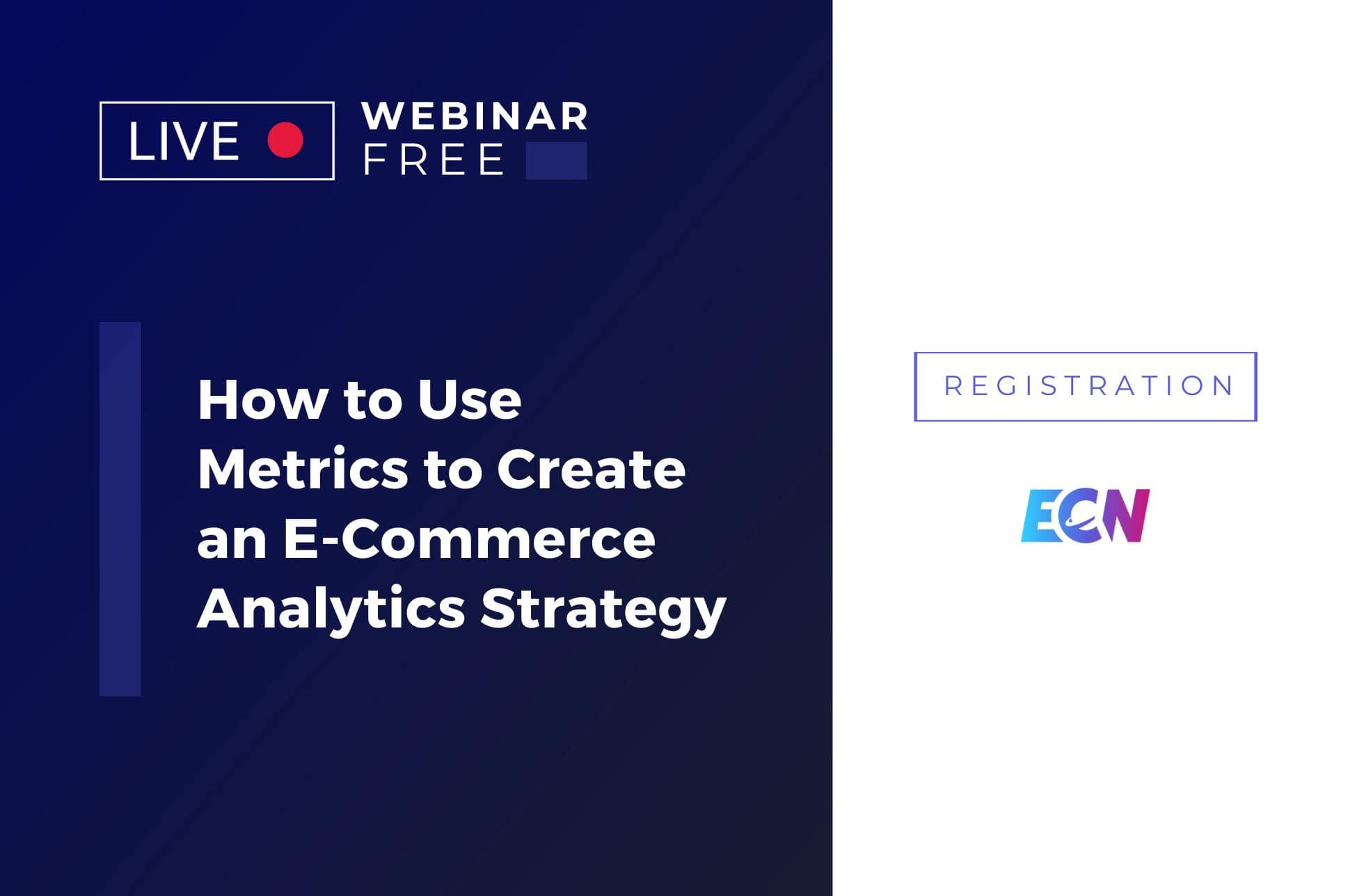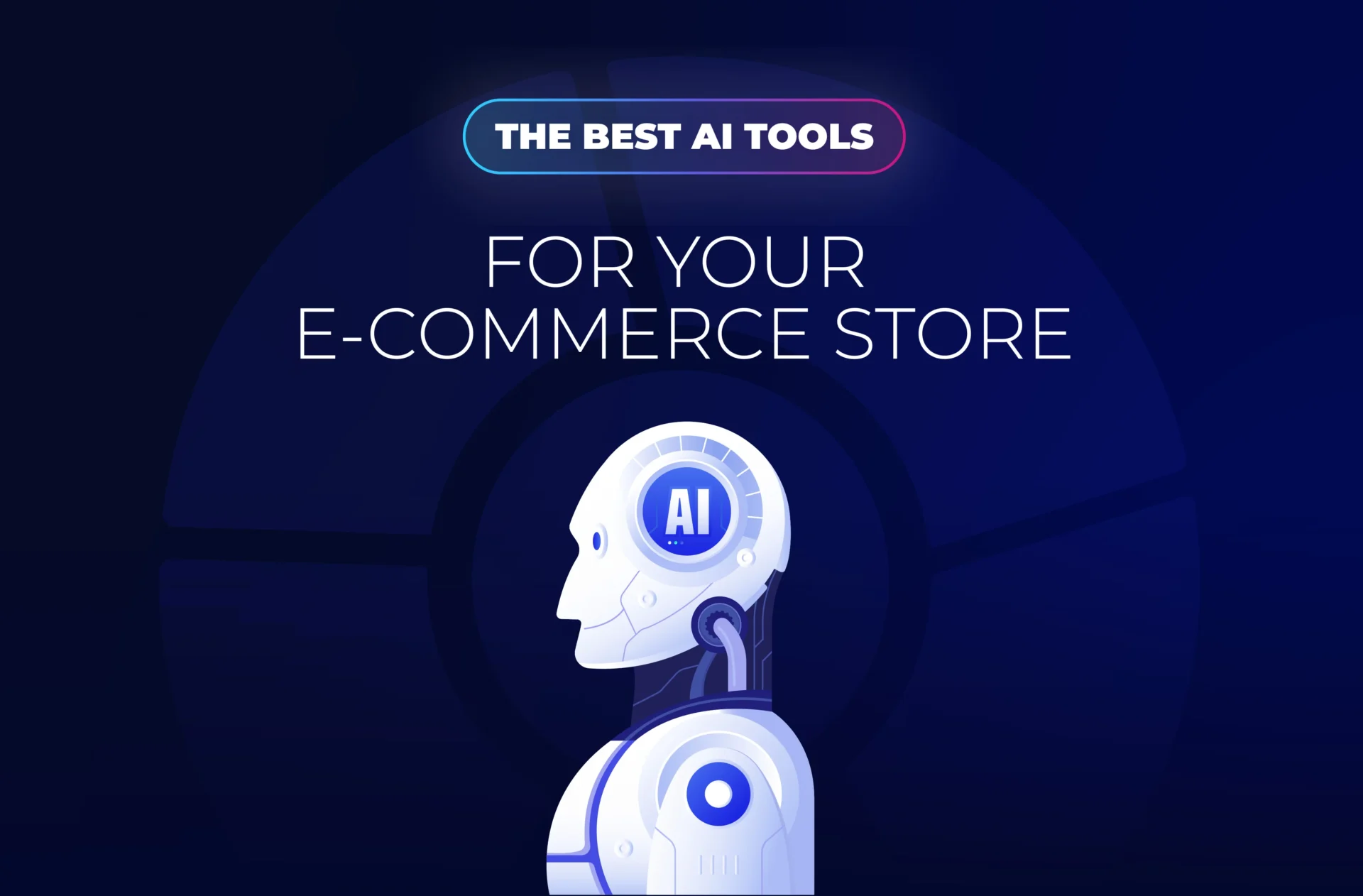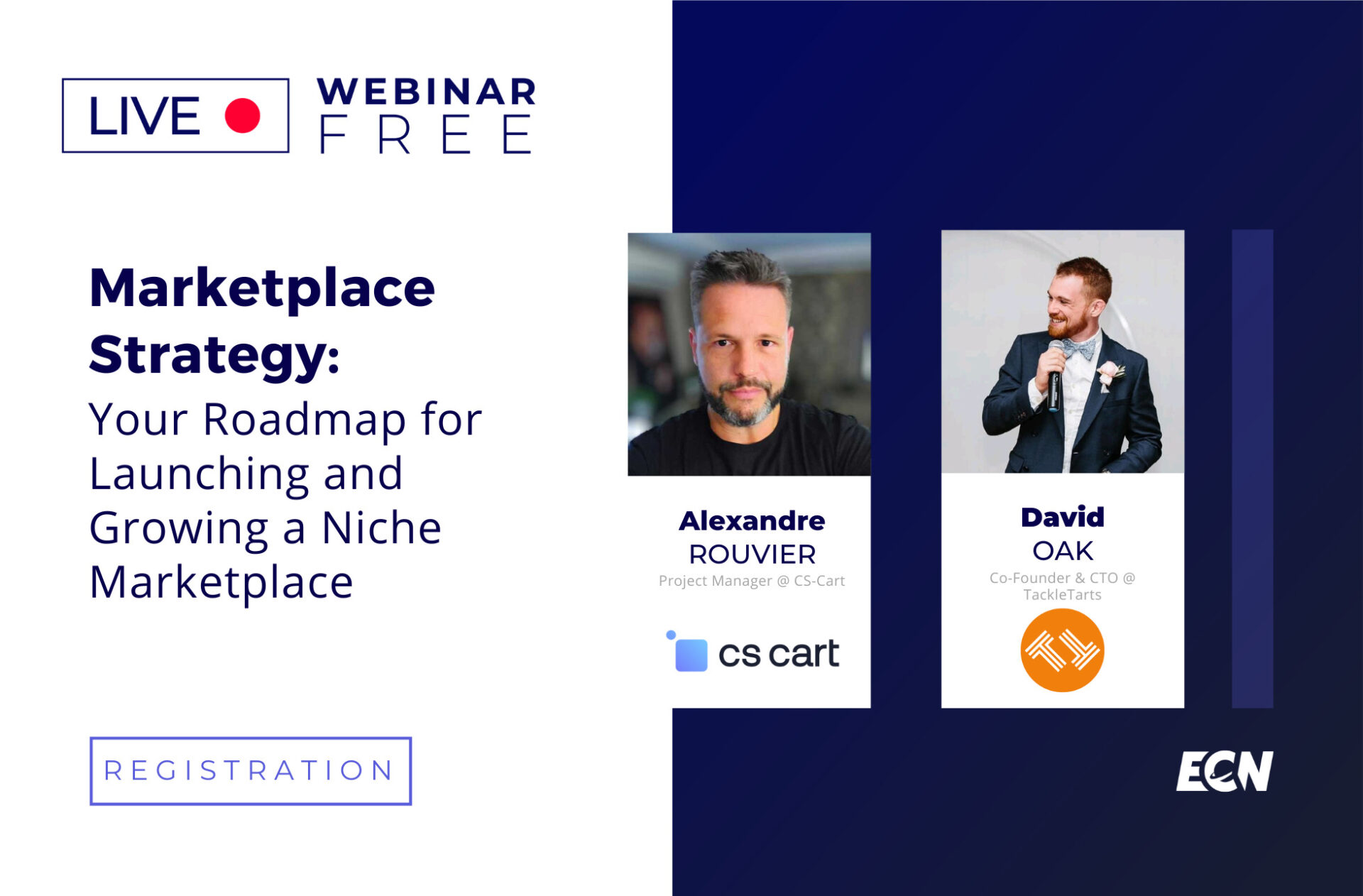Your website is evolving in a marketplace where there are a lot of contestants. Your ecosystem is unstable and can stop you from having a full vision of the quality of your website. But thankfully a great e-commerce analytics strategy can be a key boost for your sales.
The new commerce is here with buzzwords like analytics, AI, influencer, open innovation, sharing economy, chatbots, ad blockers, etc. We can say “Well, the right combination of all will drive you straight to success.” But there’s no fast track to success in retail, e-commerce, or in any other business, and analytics & big data are perfect examples to understand this concept. So how will you go about creating a proper e-commerce analytics strategy based on your data?
Does Analytics mean Change Management?
Now we see everywhere that metrics and analytics in general are precious tools to manage and anticipate strategic changes and to provide proactive solutions but it took more than 10 years to consolidate the initial approach to innovate using them.
Analytics is based on a continuous evaluation process, it is challenging at each level of the project and it should be in the whole company culture, not just IT and top management, the awareness and interest towards analytics. And this is change management and takes time!
We face a big lack in terms of job skills and competencies related to Data analysis and sometimes business models that seem perfect, technically speaking, are not really functional at the customer level. You will see the real challenge is to let final users understand how strategic is the Data value.
Technical skills, experience, and training are critical at the beginning but the next step is to share knowledge related to analytics. Analytics is not considered just a matter for technicians, because analytics are based on continuous monitoring, adjustments, and calls to action to improve models, methods, and tools.
Such actions involve different teams (and skills!) to define common objectives, common wording, and an agile approach, especially when referring to medium & small-sized companies, to identify correctly needs and goals, and budgets.
Sharing the Know-How helps to create balanced cross-functional teams.
Cross-functional teams: that’s a smart move! Even if you choose to outsource the activity, at least one person in your business has to be properly involved in the process. Reading reports is not enough!
How data can be key for your e-commerce analytics strategy in marketing and sales activities?
Winning situations are not only those where technical analysis bring to have a smart combination of sensors, smartphone e geo-localization that work well together and are crucial to define preventive maintenance.
Analytics play also a main role in telling who is buying, and what information he/she already has and to help on focusing on buyers’ intent. This means properly delivering to them, as search results, the most relevant information, service, or product properly based on the query they entered or a customized advertising message.
Analytics allow, in a specific moment, to recognize the customer, to profile him, to know if he is still browsing or if he is ready to purchase and so to guide an intent towards a conversion. Knowing how to identify and nurture this intent by responding to customers at every stage of the sale funnel is strategic!
Analytics help companies manage and converse with their data and understand what the data has got to narrate. It helps break a macro universe into a micro one. While generic data may inform you of the sales generated by your organization over a period of time, analytics are important to observe competitors, to tell you if a product works, how to maintain or elevate sales figures, and to monitor market behaviors, anticipating them. Being able to easily understand your metrics is paramount to creating your e-commerce analytics strategy.
Social analytics, in particular, are becoming more and more popular to monitor a list of influencers, to see if they still top the lists in terms of the number of followers versus engagement, to decide which is the right testimonial of our brand in that period and in general to measure ROI related to organic versus paid reach.





